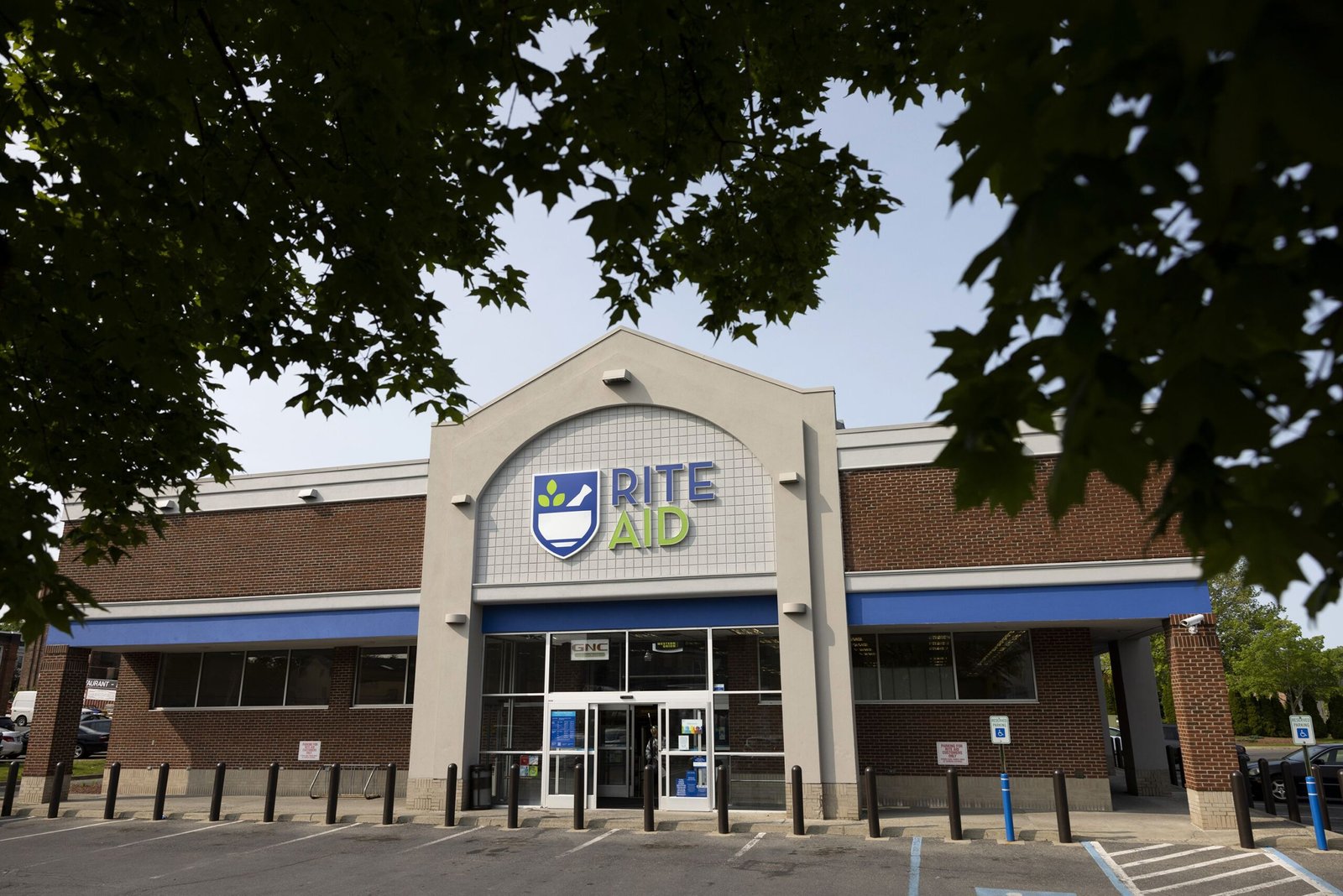Rite Aid has committed to a five-year ban on employing facial recognition programs in any of its stores as part of a settlement with the Federal Trade Commission (FTC).

Rite Aid has committed to a five-year ban on employing facial recognition programs in any of its stores as part of a settlement with the Federal Trade Commission (FTC). The settlement comes after the FTC found that the pharmacy retail chain’s “reckless use” of facial surveillance technology resulted in the “humiliation and other harms” of its customers.
FTC’s Allegations and Rite Aid’s Reckless Use:
According to the FTC, Rite Aid conducted a pilot program of facial identification camera systems in approximately 200 stores between 2012 and 2020.
The technology was intended to deter and prosecute instances of retail theft by identifying individuals flagged as shoplifters or troublemakers. However, the FTC alleges that Rite Aid’s implementation of the technology led to numerous instances of mistaken identity, resulting in unwarranted searches and even police dispatches.
In several cases, the technology falsely identified customers as suspected shoplifters, leading to unnecessary police involvement. One disturbing incident involved Rite Aid employees calling the police on a Black customer despite the image on file depicting a “white lady with blonde hair.” Another account detailed the unwarranted search of an 11-year-old girl, causing distress.
Disproportionate Impact on Communities of Color:
The FTC found that Rite Aid’s facial recognition technology was more likely to generate false positives in stores located in plurality-Black and Asian communities than in plurality-White communities. This revelation underscores the potential discriminatory impact of facial scanning technologies in historically over-surveilled communities, particularly those with predominantly nonwhite populations.
FTC commissioner Alvaro Bedoya emphasized the disproportionate impact, stating that Rite Aid’s facial recognition technology had significant repercussions for people of color in the communities where it was deployed.
Rite Aid’s Response and Disagreement:
In response to the settlement, Rite Aid issued an official statement expressing its agreement with the FTC to put the matter behind them. The company asserted its commitment to consumer privacy while fundamentally disagreeing with the facial recognition allegations in the FTC’s complaint.
Rite Aid maintained that only a limited number of stores deployed the technology and emphasized that its support for the facial recognition program ended in 2020. The company expressed pleasure in reaching an agreement with the FTC while respecting the inquiry.
FTC’s Directives and Consumer Protection Measures:
As part of the settlement, Rite Aid is prohibited from using facial recognition programs in its stores for the next five years. The company is also required to delete all collected images and photos of consumers, instruct third parties to do the same, and investigate and respond to consumer complaints arising from previous false identifications.
Additionally, Rite Aid must implement a data security program to safeguard any remaining collected consumer information stored and potentially shared with third-party vendors. The settlement reflects the FTC’s commitment to protecting the public from unfair biometric surveillance and data security practices.
Digital Privacy Advocacy Perspective:
Digital privacy advocates, such as Hayley Tsukayama, Associate Director of Legislative Activism at the Electronic Frontier Foundation, praised the FTC’s recognition of the dangers of facial recognition. Tsukayama highlighted the problematic deployment of such technologies, particularly in over-surveilled communities. She emphasized the need for comprehensive data privacy regulations to address the impact of facial scanning technologies, especially on people of color.
The settlement between Rite Aid and the FTC serves as a significant development in the ongoing conversation about the ethical use of facial recognition technologies and the potential harms associated with their deployment in public spaces.
A Landmark Settlement for Consumer Protection:
Rite Aid’s agreement to the FTC’s directives represents a landmark settlement in the realm of consumer protection against the reckless use of facial recognition technologies. As regulatory bodies continue to scrutinize the ethical implications of such technologies, the case underscores the importance of responsible implementation and the potential consequences when safeguards are not in place.
The five-year ban on facial recognition use in Rite Aid stores sets a precedent for businesses to prioritize consumer privacy and equity in the deployment of surveillance technologies.